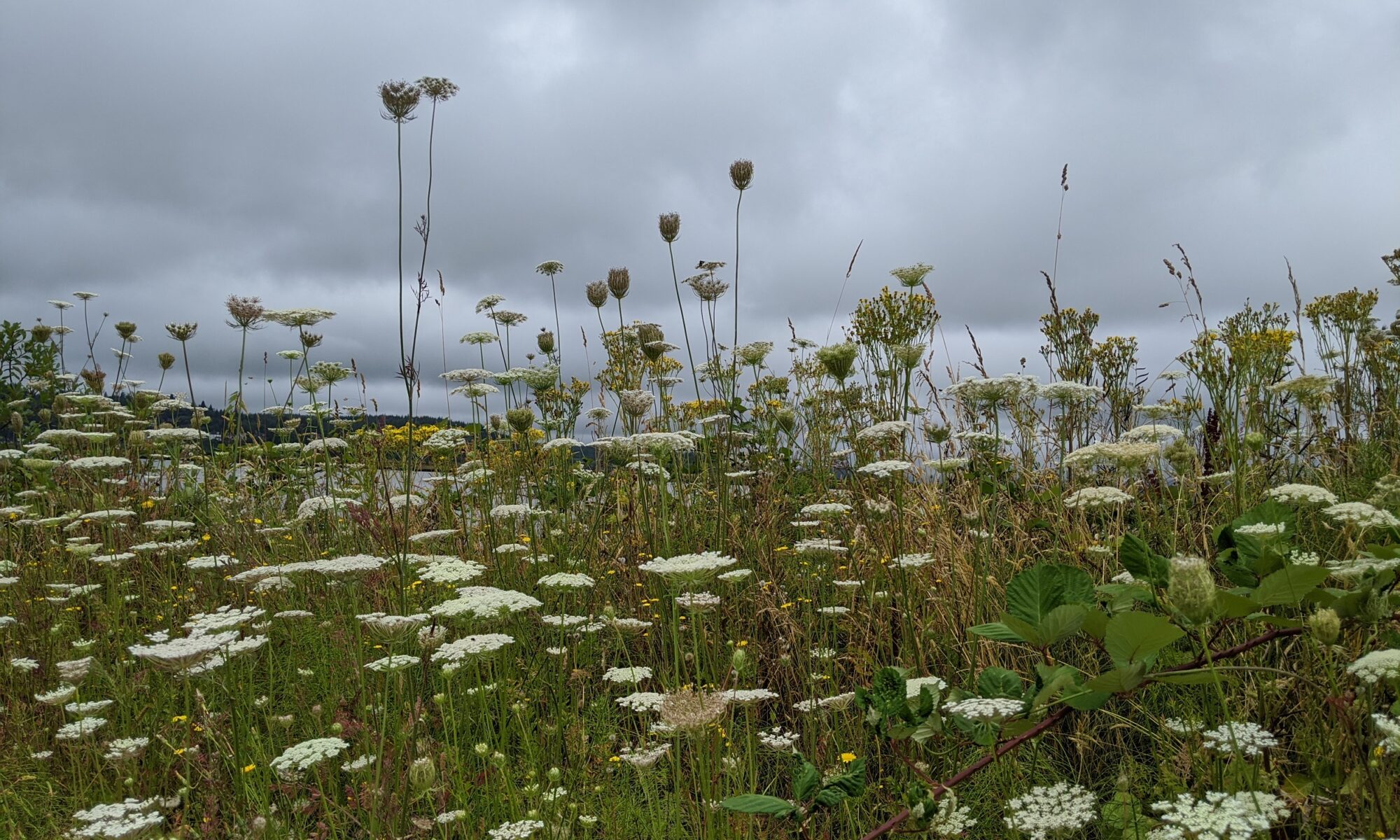 Parenting is an interesting craft.
Parenting is an interesting craft.
Like all hands-on skill-sets, you can only read so much about it before you need to jump in and do it – at which point you instantly realize how ill-prepared you are.*
I wrote in my last blog post about how incredibly challenging it was on a sensory level to become a new parent. The physical discomfort of months of pregnancy – combined with the pain of childbirth, chronic sleep-deprivation, and an infant who constantly threw up all her food – had me despairing over how little of this I’d actually read about or understood ahead of time.
It was supposed to all be relatively intuitive, but it didn’t feel that way. I knew that my over-active (read = “overly intellectualizing”) brain wasn’t helping me – but ragging on myself for this was equally unhelpful. As Paula Prober (2019) writes:
“Thinking has gotten a bad rap. If you do a lot of it, which you know you do, you’re called an overthinker, and that’s something you’re told you’re supposed to avoid” (p. 57).
Yep. Prober goes on to write:
“Too much thinking can become a problem… [but] it’s how your brain works… [For] you, it’s not overthinking. It’s just thinking. Or being. It’s curiosity. Analysis. Wondering. Creating… It’s you being you…” (p. 58).
I’m incredibly grateful for this vote of confidence, and hope all “over-thinking” RFM parents will read Prober’s words and stop guilt-tripping. (And I will now officially stop censuring myself for purchasing a sociology textbook on child-rearing practices around the world when my oldest daughter was only a few days old, as part of my desperate search for reassurance that it’s “normal” to want and need help during those challenging first weeks.)
With all that said, it’s been interesting over the past 12+ years to reflect on how doing parenting intersects with reading and learning about parenting. As with so many aspects of life, they’re deeply intertwined: parenting doesn’t stop while you’re taking a “break” to talk to a friend or family member about a challenge you’re having with one of your kids, or while you’re reading a book on how to help siblings get along, or while you’re attending a class on using “love and logic” as a disciplinary approach.
When my kids were super-little, I recall reading a number of books and website articles on developmental stages. However, I was so overwhelmed by work and parenting my (eventually) three kids under five – even with plenty of support from my husband and mom and babysitters and preschool teachers – that I didn’t write down a lot of my kids’ milestones; I just checked to verify they were basically on track.
(I mention this because it turns out with twice-exceptional kids, it’s pretty important to know a lot of “when” moments with your little ones. A bunch of the paperwork you fill out for evaluations asks you when, for instance, they said their first word… or took their first step… You know, reasonable things parents should probably remember and keep track of. Whoops.)
One book I do remember reading and really enjoying about their early years was Alison Gopnick’s The Philosophical Baby (2010).
But most of the books I’ve read on parenting have come later in their still-young lives (ages 12, 10, and 7), especially as I’ve explored what I now understand to be their twice-exceptionalism. It turns out they all have rainforest minds AND they live with anxiety, ADHD (inattentive type), and/or neurodiversity.
To that end, attending a SENG (Supporting the Emotional Needs of the Gifted) parent support group and reading the core text for this organization – A Parent’s Guide to Gifted Children (2007) – was life-changing in terms of providing a space where I finally (FINALLY!) felt like I could safely open up not only about my kids, but my own experiences as a gifted child.
After this group ended, I got my three children formally evaluated by a neuropsychiatrist and continued looking for books and websites to support my learning-as-a-parent. Debbie Reber’s Tilt Parenting podcast was a godsend in terms of collating expertise from dozens of specialists in one convenient space, and I spent a full summer working my way through nearly all of her prior episodes. My shelves and Kindle library are now loaded with books on anxiety, ADHD, giftedness, neurodiversity, sensory processing disorder, and so much more. I haven’t read them all (yet) but just knowing they’re there makes a difference.
Given that one of my many goals with this blog is to eventually offer thoughts on various books related to parenting and/or giftedness, perhaps this will be my excuse to embrace my “overthinking” mind and geek out as I head over to my bookshelf…
Stay tuned.
* My experience with teaching went much the same way: I studied a ton, took many classes, did student-teaching, got certified, and yet – there was still nothing to compare with actually standing in front of my own classroom of 28 kids for the first time, with no other adults around. Who said I was qualified to do this, again?
References:
- Gopnick, A. (2010). The philosophical baby: What children’s minds tell us about truth, love, and the meaning of life. Farrar, Straus & Giroux.
- Prober, P. (2019). Journey into your rainforest mind: A field guide for gifted adults and teens, book lovers, overthinkers, geeks, sensitives, brainiacs, intuitives, procrastinators, and perfectionists. Luminare Press.
- Webb, J.T., & Gore, J. (2007). A parent’s guide to gifted children. Great Potential Press, Inc.
Copyright © 2020 by HalfoftheTruth.org. Please feel free to share with attribution.
